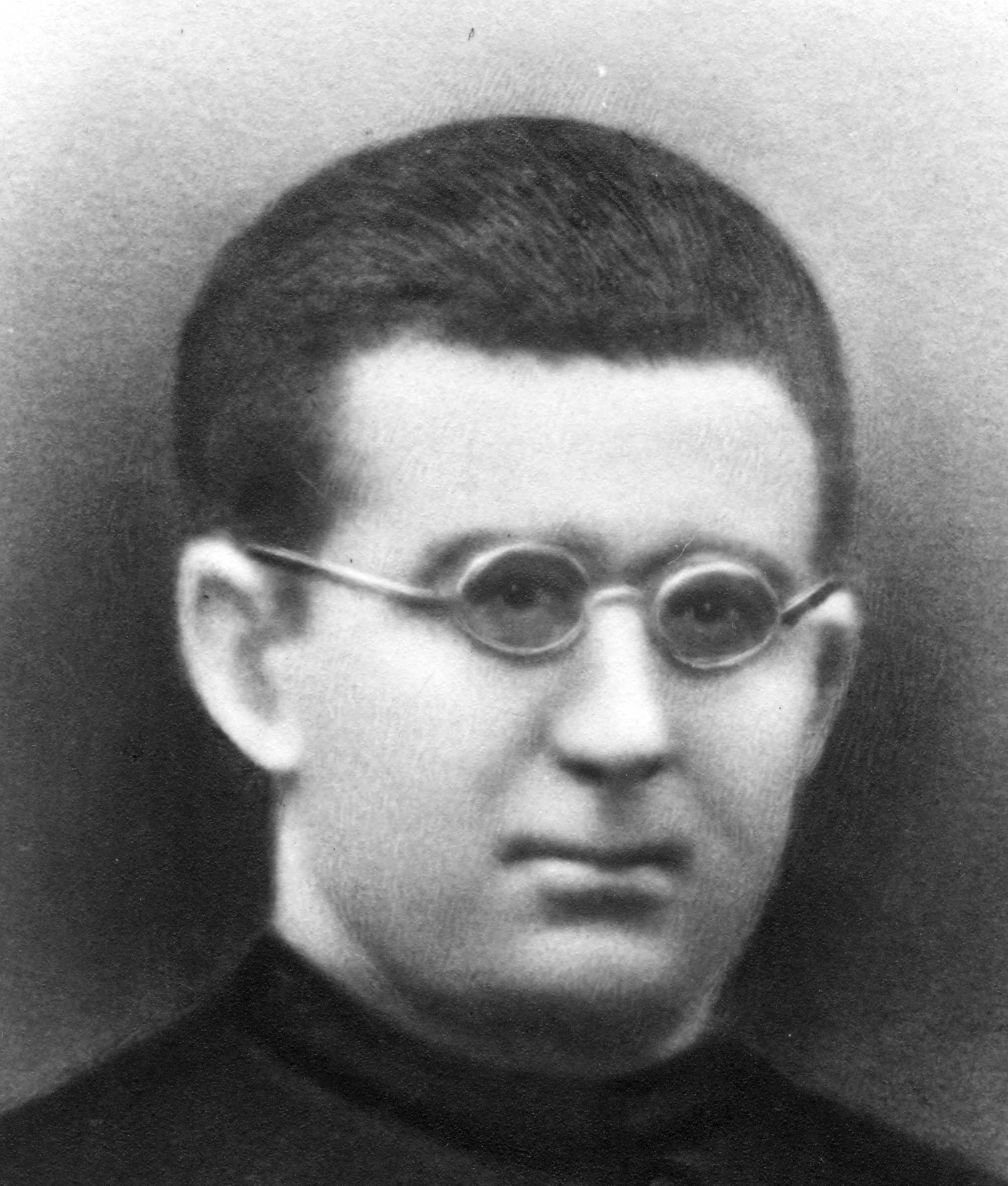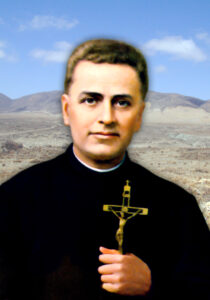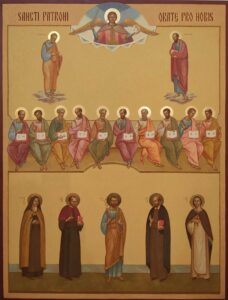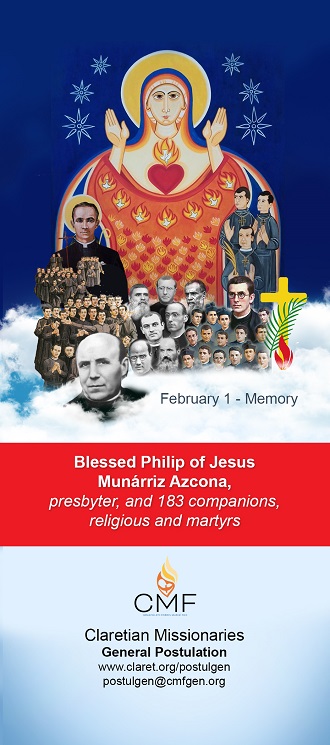Nobody is unconscious of the abnormal state of Spain in the last century; the wars and internal revolutions, the frequent changes of government. In this critical period, the Venerable Father Claret appeared in the palace of the history of the country, to carry out one of the most important functions, that of Confessor to the Queen.
Although it was so easy in the palace to become entangled in matters outside his ministry, he was always completely separated from politics, as those who knew him closely assure us, and he himself affirms it when he writes: “I have never wanted to get involved in political matters” (Autobiography, part III, chap. 12). It is not to be believed that this is why the Venerable forgot to intimate to Elizabeth II her duties as Queen, as Fr. Aguilar notes in the “Vida admirable del Siervo de Dios” (Life of the Servant of God).
In purely political matters he behaved with the greatest circumspection. So says the Most Rev. Archbishop of Granada, Don Bienvenido Monzón in a letter dated 14 January 1880 with these words: “I believe that Mr. Claret, in his circumstances, knew how to reconcile the simplicity of the dove with the necessary cunning of the serpent, so as never to become entangled, nor allow himself to be bound up in the secret palace plots, nor in the intrigues and heated struggles of the political parties that were vying for power and taking the reins of government out of his hands, in order to conserve intact and inviolable the holy liberty and independence of his sacred ministry”.
That this is the genuine spirit of the Venerable is confirmed by the rule he prescribed for his Missionary Sons. It reads: “They should abstain from politics except for the sake of religion and obey the dispositions of the civil authorities as long as they do not oppose divine or ecclesiastical laws” (Constitutions, part II, ch. 16).
And he complied with it practically, by signing the Queen’s recognition of Italy, separating himself from her side; and not returning to court until he was ordered to do so by Pius IX himself.
Conduct worthy of imitation in all times and which should be the norm for the Spanish clergy.
Sebastián Riera, C.M.F.
– Taken from “Martyrs Honoring the Father Founder” (Cervera 1934).



